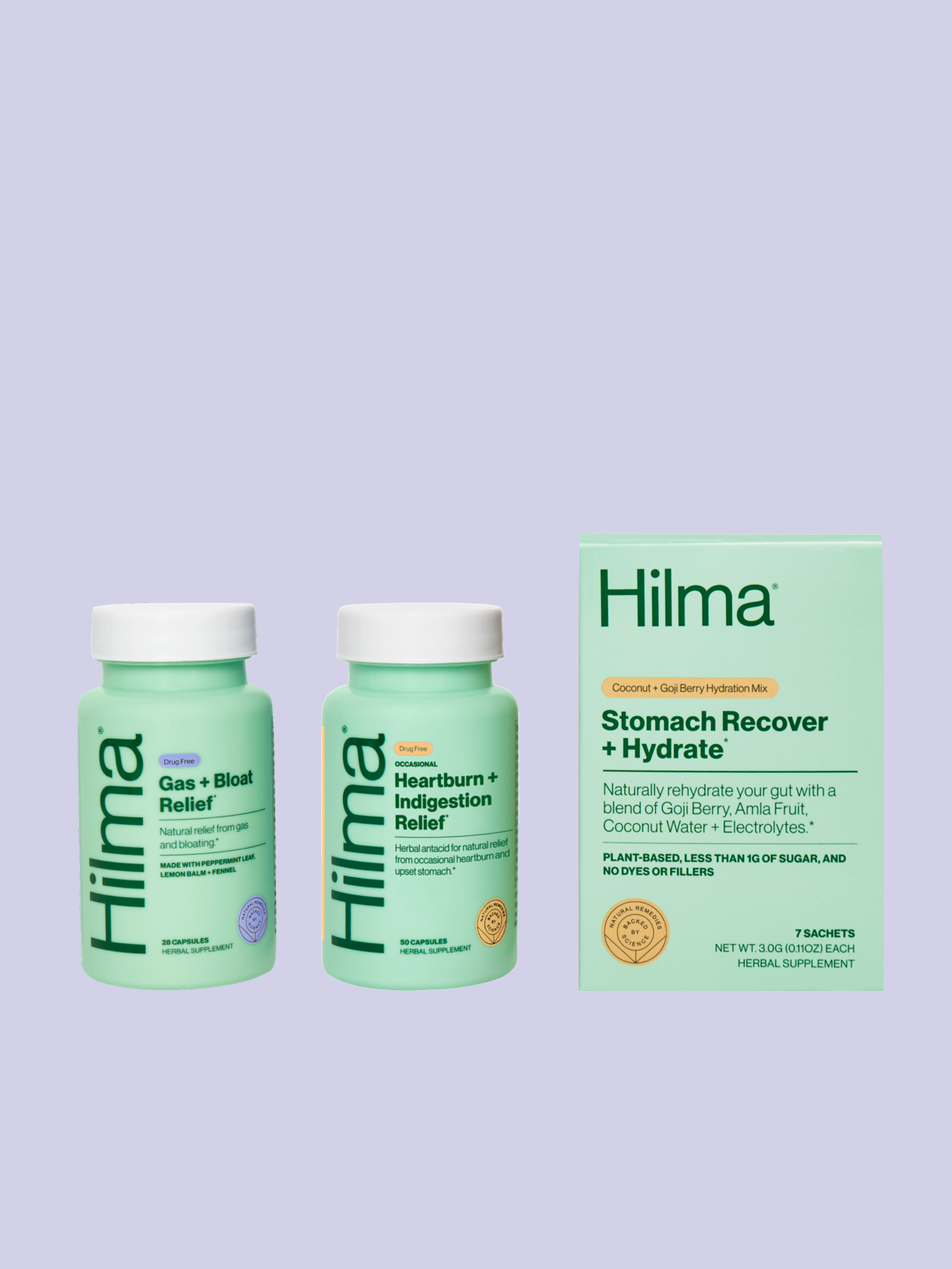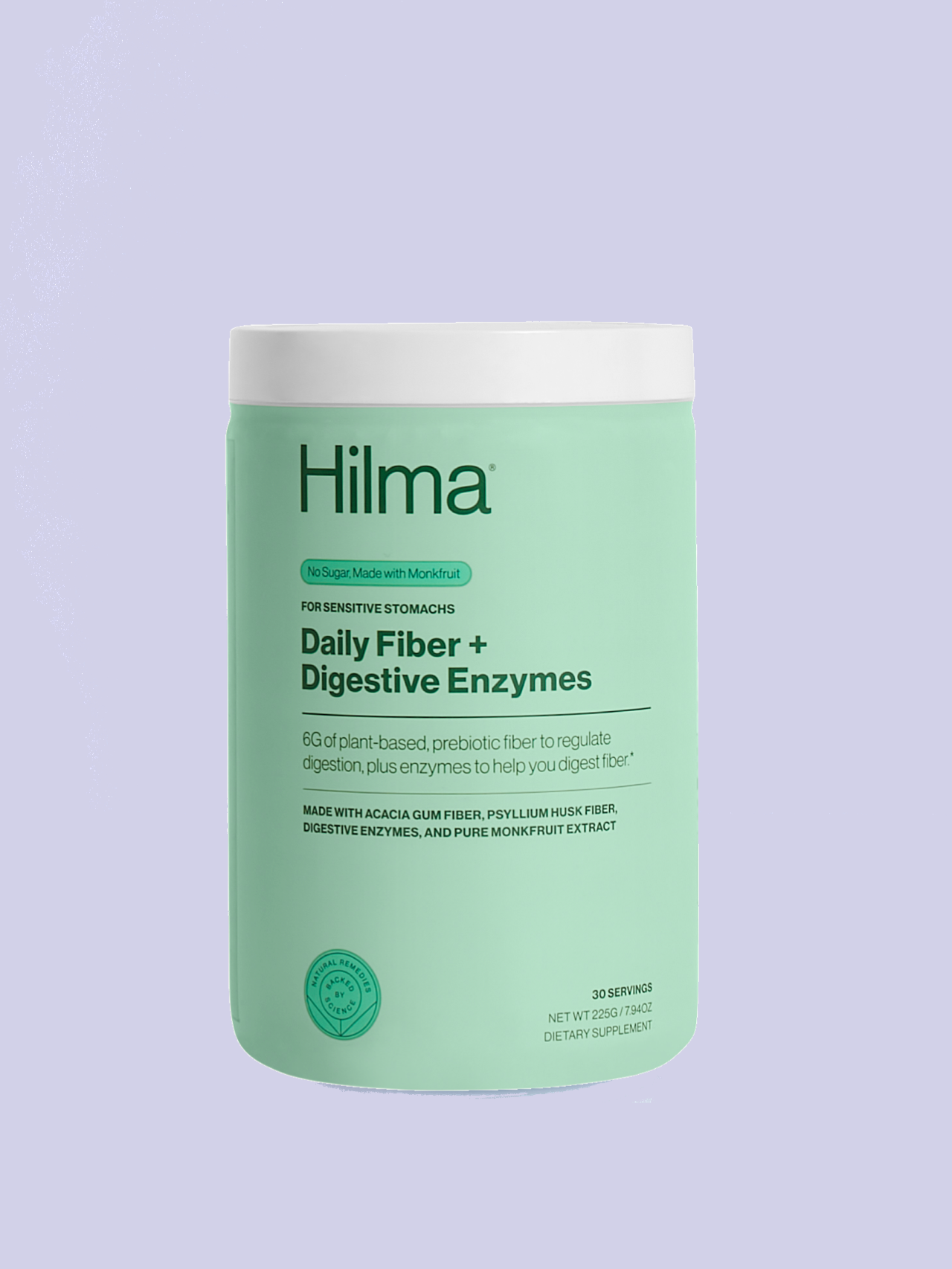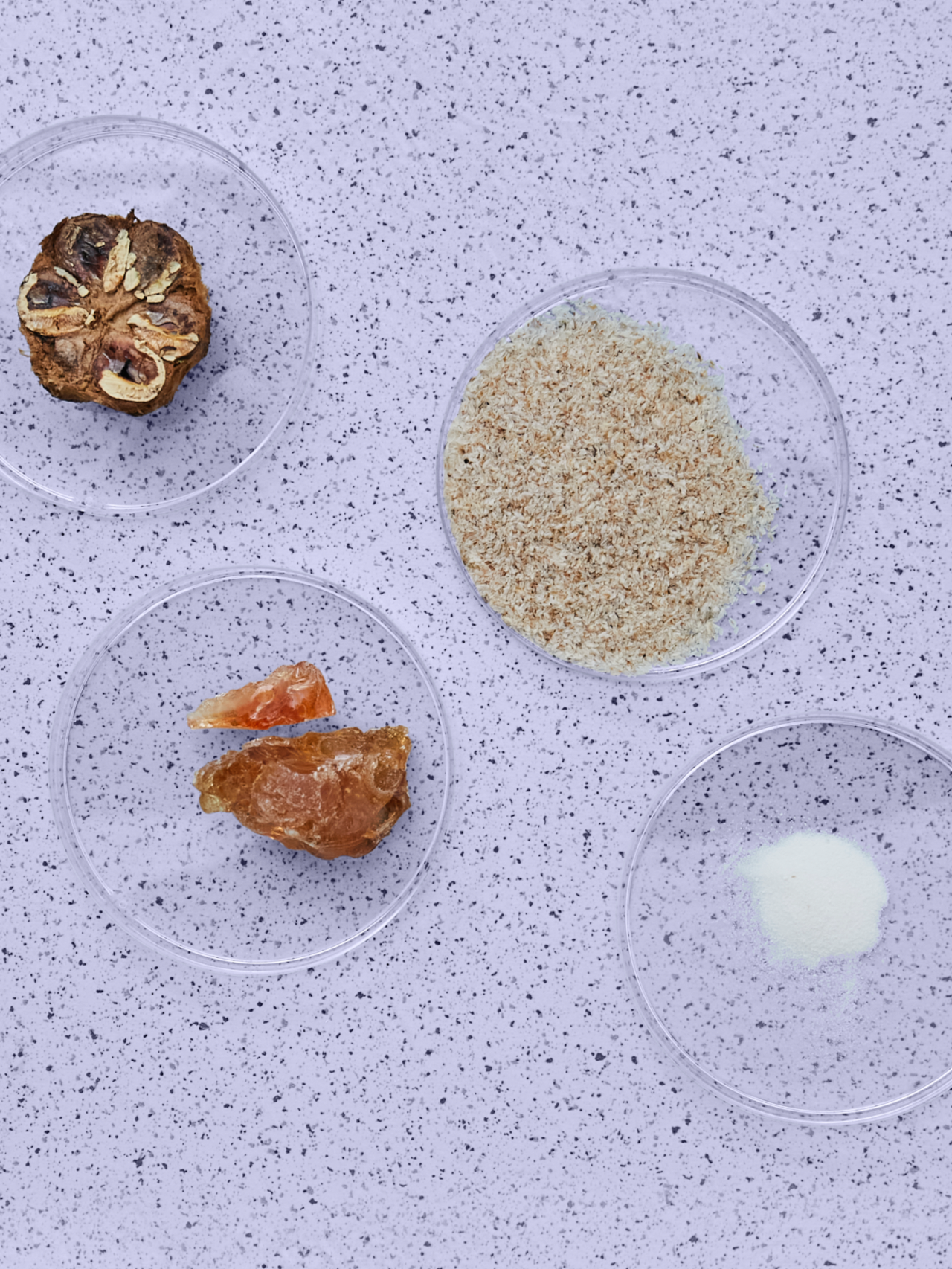
Essential Oils for Health: A Holistic Approach to Gut and Emotional Well-Being
The world of essential oils can be overwhelming. Walk into a health food store, and you’ll see dozens of small, potent bottles neatly arranged on the shelves. Lavender for sleep, peppermint for digestion, eucalyptus for congestion—each promising a range of benefits. Yet, if you ask around, you’re likely to hear a wide variety of opinions, from people who swear by essential oils as a "cure-all," to skeptics who dismiss them as ineffective.
So, what’s the truth? Are essential oils really that powerful, or are we falling for clever marketing? To clarify, we consulted Educator & Western Herbalist Blaire Edwards, who helped explain the science and the benefits behind essential oils. Edwards offers insights into how essential oils work, particularly for supporting gut health and emotional balance—a vital connection that impacts our overall well-being.
What Are Essential Oils?
Before essential oils are neatly bottled and sold, they begin as plant compounds that help plants survive. "Essential oils are plant compounds that plants create to help them survive in their environments," explains Edwards. These compounds play various roles in the plant’s ecosystem, such as warding off predators, attracting pollinators, and regulating growth. Humans, recognizing the natural healing properties in these compounds, began using essential oils for wellness, including supporting physical and emotional health.
However, a lot happens between the plant and the store shelf. While essential oils are found in nearly every aromatic plant, what we purchase in wellness stores are highly concentrated, distilled versions. These tiny bottles pack a powerful punch, but they must be used with care due to their potency.
How Does Format and Dosage of Essential Oils Matter?
Not all formats of essential oils are created equal. Edwards emphasizes the importance of knowing how and when to use essential oils properly. “If you brew a cup of chamomile tea, that tea has essential oils in it, but that is not the same as putting chamomile essential oil into a cup of tea,” she explains. "One is safe and can be done on a daily basis (the tea), while the other can be harmful."
Distilled essential oils are incredibly potent and should not be ingested directly. They are best used through inhalation or diluted for topical application. Consuming essential oils in their undiluted, concentrated form can be harmful and lead to adverse effects, including damage to internal organs like the liver and kidneys.
To safely ingest the benefits of essential oil-rich plants, Edwards recommends turning to herbs that naturally contain essential oils, such as fennel, peppermint, or chamomile, which are less concentrated and safer for consumption. For example, sipping on a cup of fennel tea is a gentle way to support digestion without the risks associated with ingesting the distilled oils.
How Essential Oils Work
Essential oils are not just about physical health—they have profound effects on emotional well-being, too. When you inhale essential oils, they travel through the olfactory nervous system, which is linked to the limbic system—the part of the brain responsible for emotions and memories. This connection between scent and emotion makes essential oils a powerful tool for managing mental and emotional states.
"When you inhale essential oils, they work via the olfactory nervous system, which is linked to both the limbic system and the hypothalamus," says Edwards. "Depending on what oil is used, the impact can range from stimulation to sedation to mood uplifting." Oils like lavender, for example, can calm the mind and promote sleep, while peppermint can invigorate and enhance focus.
But the benefits of essential oils don’t stop at emotions. The gut-brain axis—the two-way communication system between our digestive system and our brain—means that what affects our gut also affects our mood, and vice versa. This is why supporting gut health can improve emotional well-being, and reducing stress and anxiety can help alleviate digestive issues.
Essential Oils for Gut Health
The digestive system, often referred to as the "second brain," plays a crucial role in both physical health and emotional well-being. When our gut is out of balance, we can experience bloating, indigestion, or constipation, and this imbalance can also manifest as anxiety, irritability, or stress. Essential oils can provide holistic support for both digestion and emotional balance, helping us address the root causes of gut issues.
Fennel (Foeniculum vulgare)
Fennel essential oil is one of the most well-known digestive aids. It has been used for centuries to ease bloating, gas, and stomach cramps due to its antispasmodic and carminative properties. These properties help relax the muscles of the gastrointestinal tract, making fennel a go-to oil for anyone dealing with digestive discomfort.
Fennel also has grounding emotional benefits. It helps build confidence and calmness, which is particularly helpful when stress or anxiety are contributing to digestive issues. Inhale fennel oil or dilute it with a carrier oil and massage it onto your abdomen to support both your digestive and emotional well-being.
Peppermint (Mentha piperita)
Peppermint oil is another powerhouse for digestive health. It contains menthol, which soothes the muscles of the digestive tract, making it ideal for relieving symptoms of irritable bowel syndrome (IBS), bloating, and indigestion. It also stimulates the flow of bile, aiding digestion and preventing constipation.
Peppermint’s fresh scent is not only invigorating but also effective in combating mental exhaustion. Inhaling peppermint oil can help clear your mind and increase energy levels, supporting both physical digestion and emotional vitality.
Ginger (Zingiber officinale)
Ginger essential oil is a warming, anti-inflammatory oil that is particularly useful for nausea and indigestion. It stimulates the digestive system, reducing bloating and flatulence, and creating a healthier gut environment.
Emotionally, ginger oil is energizing and uplifting, helping to relieve feelings of frustration and stagnation. When emotional stress contributes to digestive issues, ginger can help release both physical and emotional tension.
Essential Oils for Emotional Health and Their Connection to Gut Health
Since the gut and emotions are so deeply connected, essential oils that support emotional health can also improve digestion. By addressing stress, anxiety, and other emotional factors, we can create a ripple effect that benefits our digestive system.
Lavender (Lavandula angustifolia) for Anxiety
Lavender is renowned for its ability to calm the mind and relieve anxiety. Its soothing effects can ease gut issues like indigestion or IBS, which are often exacerbated by stress and nervous tension. Diffuse lavender oil or apply it topically to create a calming environment that supports both emotional and gut health.
Vetiver (Vetiveria zizanioides) for Overthinking
Vetiver oil is deeply grounding and quiet the mind, particularly when you are caught in a loop of overthinking or worry. This emotional tension often leads to digestive discomfort, such as stomach cramps or indigestion. Vetiver helps both the mind and gut relax, promoting emotional and digestive harmony.
Orange (Citrus sinensis) for Sadness
Bright and uplifting, orange essential oil helps lift feelings of sadness or depression. Its sweet, citrus scent also stimulates digestive flow, combating sluggish digestion that often accompanies emotional heaviness.
Chamomile (Matricaria chamomilla) for Stress
Chamomile is both an anti-inflammatory and antispasmodic essential oil, making it perfect for reducing gut-related stress, cramping, and indigestion. It’s also widely used to calm emotional stress, allowing the body to relax and restore balance to the digestive system. Inhale chamomile or add it to your bath for comprehensive relief.
Should I Dilute My Essential Oils?
Yes, always. "Literally always," says Edwards. Essential oils are highly concentrated and should never be used without proper dilution. Whether applying them to the skin or inhaling them, essential oils must be handled with care. Applying undiluted essential oils can cause skin irritation or lead to more serious health problems, including liver or kidney damage.
Moreover, the environmental cost of producing essential oils is significant. It takes vast quantities of plant material to create a single drop of essential oil—over 40 roses, for example, to make one drop of rose oil. By using oils sparingly and diluting them properly, you ensure not only your own safety but also a more sustainable approach to essential oil usage.
A Holistic Approach to Gut and Emotional Health
Essential oils offer a powerful way to support both gut health and emotional well-being. By understanding the connection between our digestive system and our emotions, we can use specific essential oils to bring balance to both areas. Whether you’re using fennel for bloating, lavender for anxiety, or chamomile for stress, essential oils provide a holistic approach to wellness that addresses the needs of the body and mind.
When using essential oils, it’s essential to prioritize safety, proper dilution, and responsible use. These powerful plant-based remedies can offer immense benefits when used correctly, supporting a healthy, balanced, and harmonious life.
“When it comes to the ingestion of herbs rich in essential oils, I recommend using formulas because the synergy you get is unparalleled,” says Blaire Edwards. Hilma’s Gas + Bloat Relief is a great example of such a formula, combining essential oil-rich herbs for digestive support.
If you’re making your own blends, be sure to thoroughly research your combinations to ensure their safety. And always consult with your doctor, especially if you’re on medication, to avoid any potential interactions or side effects. With mindful use, essential oils can become a valuable part of your wellness routine, enhancing both your physical and emotional health.
Happy healing!
Footnotes:
1. The Limbic System is The limbic system is a set of structures in the brain that deal with emotions and memory.
2. The hypothalamus is a region at the base of the brain, near the pituitary gland, that hypothalamus plays an important role in releasing hormones and regulating body temperature.
Note: This information is for educational purposes only, and should not be taken as medical advice. Please consult your physician before treating any disorder.




